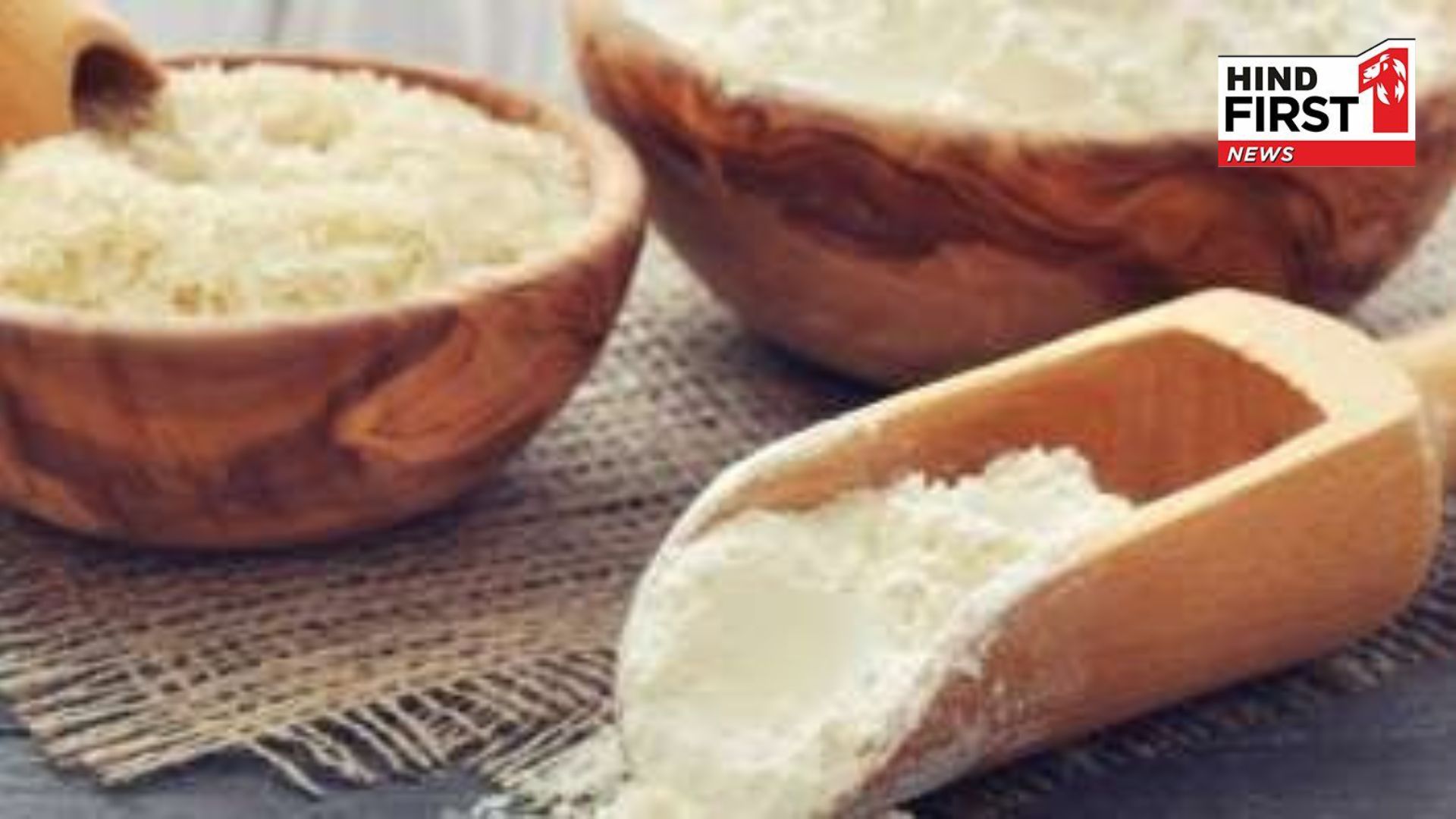Do you know nutritional value of buckwheat and water chestnuts?
Navratri Vrat Special: It is recommended to eat fruits during the Navratri fast. This includes buckwheat and water chestnut flour. Both are included in the diet in different ways.
Enthusiasm is being seen across the country during Sharadiya Navratri. People worship the various forms of Goddess Durga with devotion for nine days. Many people observe fasts for nine days. During this period, a fruit-based diet is consumed, consisting primarily of fruits, potatoes, yogurt, water chestnuts, and buckwheat flour. These provide energy to the body. Both, when consumed properly, are beneficial for our overall health. Let's learn about their nutritional value and benefits from an expert. Also Read: CBSE Board Exams Date Sheet 2026: Know class 10, 12 exam schedule Here Both water chestnuts and buckwheat flour are rich in various nutrients. Most people prefer to eat them with potatoes or other vegetables during Navratri. They can be incorporated into our diet in many ways. Let's learn from experts how they are beneficial for health.
What do experts say?
Ayurveda expert explains that both buckwheat and water chestnuts are rich in antioxidants and gluten-free. They help detoxify the body. They are also consumed mixed together. It is also beneficial for our blood vessels and arteries; it prevents them from widening or narrowing and improves blood circulation.It is recommended to eat fruits during the Navratri fast
Water chestnut flour has a cooling effect, while buckwheat flour has a slightly warming effect. Consuming both flours mixed with bottle gourd, coriander leaves, and carrots is beneficial for our health. It provides the body with abundant protein and energy. Water chestnut flour helps treat hypothyroidism because it helps produce thyroxine, a deficiency of which in the body causes hypothyroidism. Consuming fresh water chestnuts or their flour can provide relief. They are rich in magnesium and fiber. Also Read: -60 degree temperatures—no oxygen… How do people manage to travel by hiding in the wheels of an aircraft?Summary
Kuttu flour is also a coarse grain, rich in zinc and many other nutrients. Buckwheat is a seed that is peeled and ground into flour. Both are mostly eaten as part of a fruit diet. Buckwheat or water chestnuts can be coarsely ground and made into khichdi. They can also be used to make chila, parantha, upma, and halwa. Appe and idli can also be made from them. Next Story


